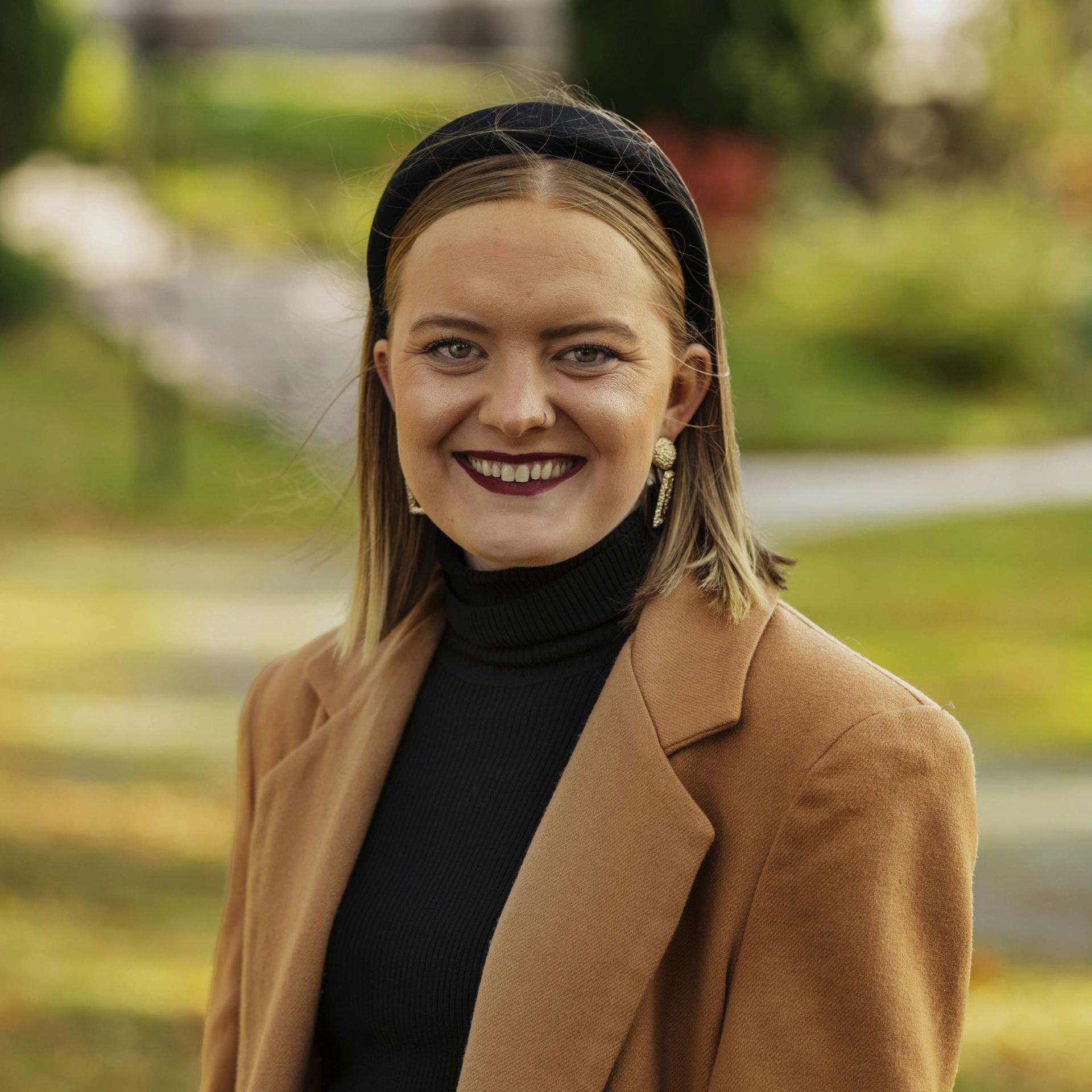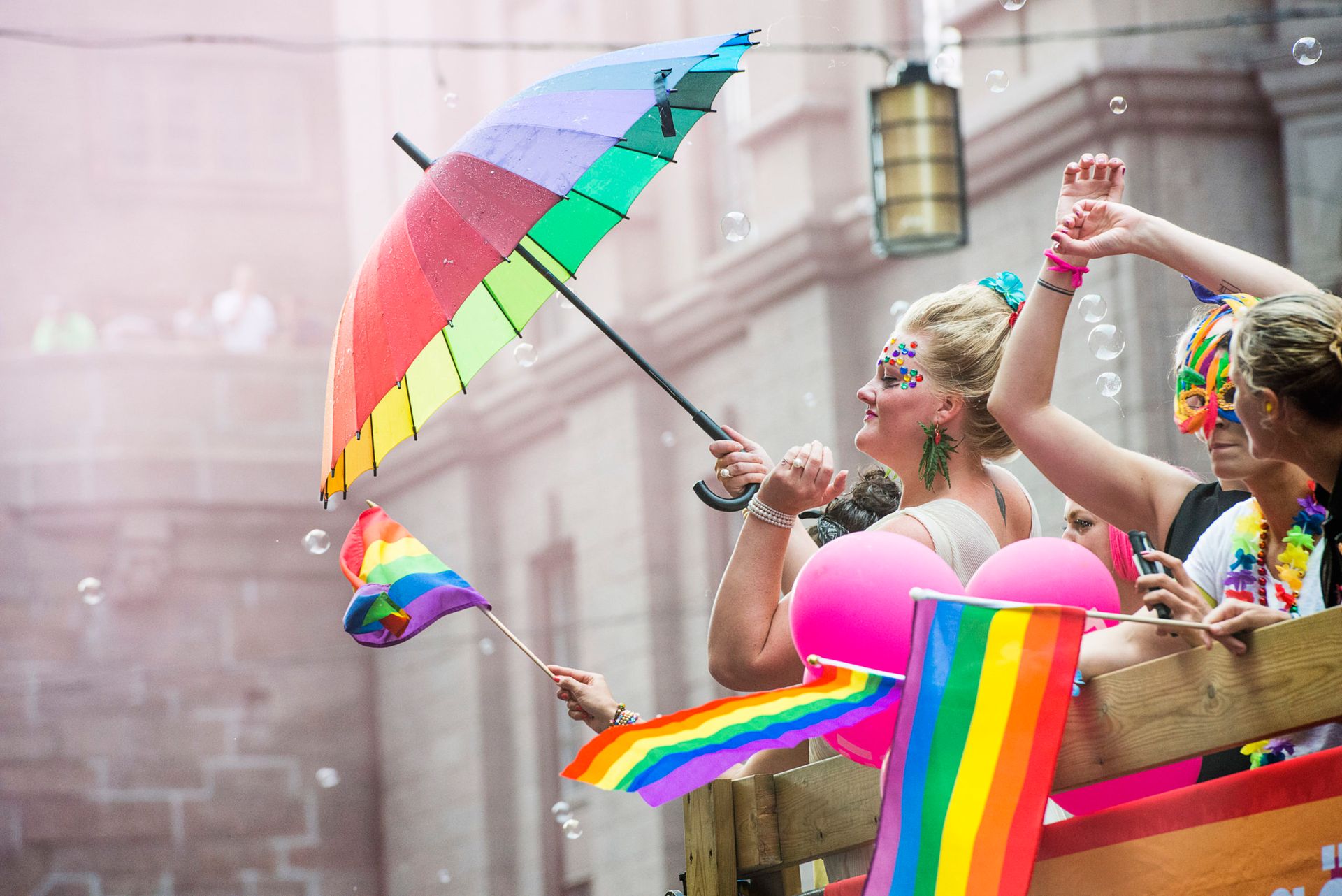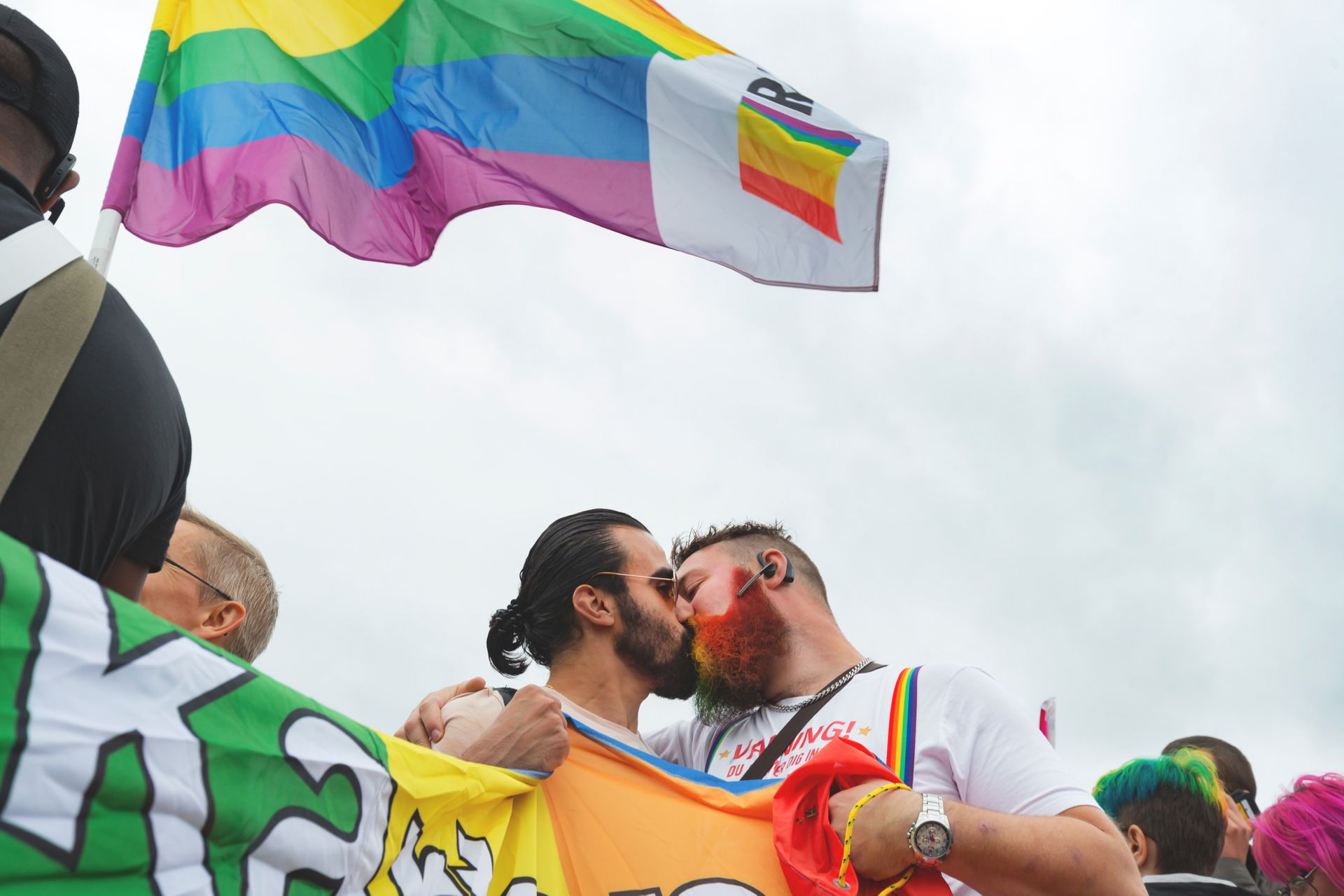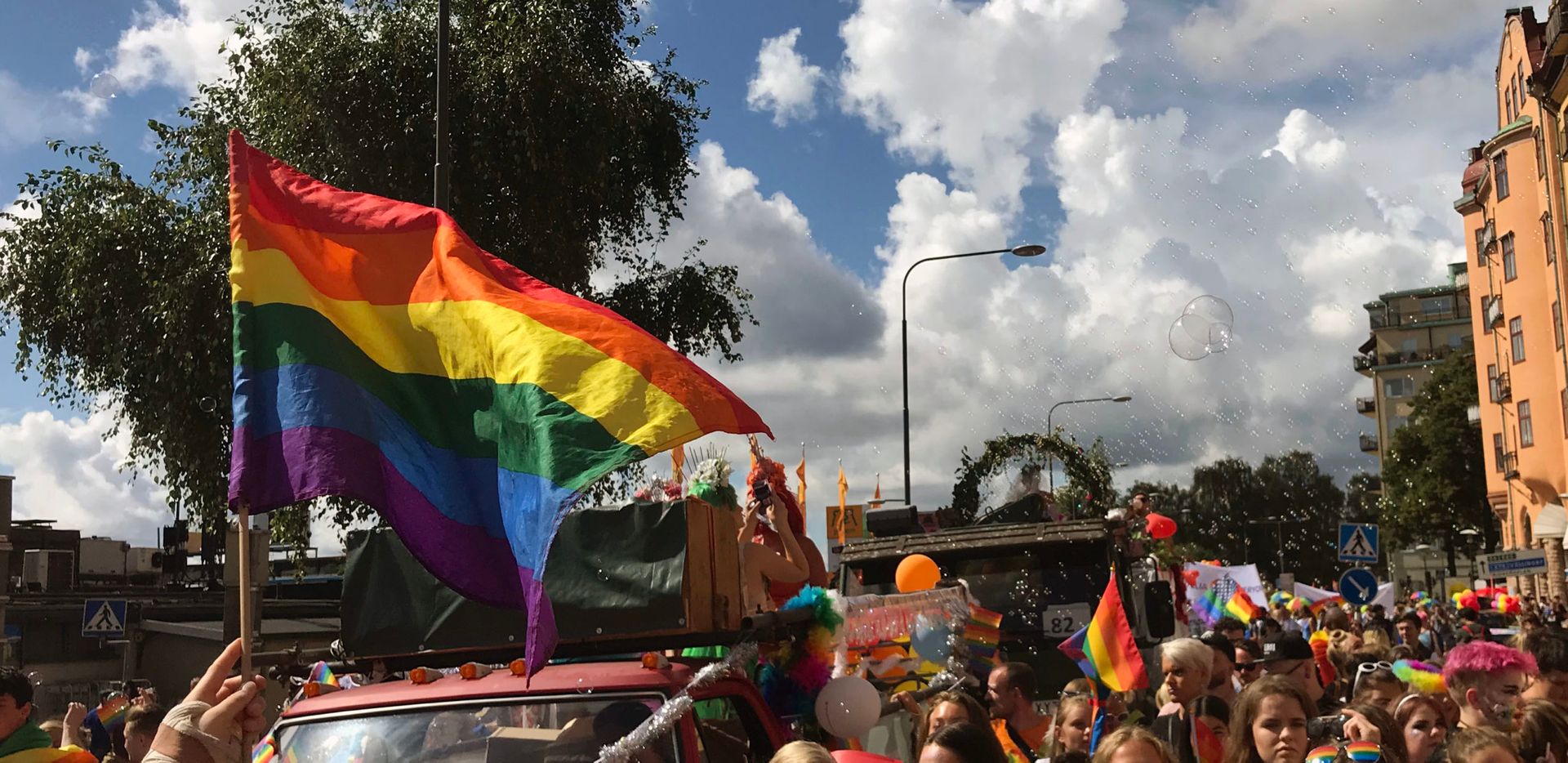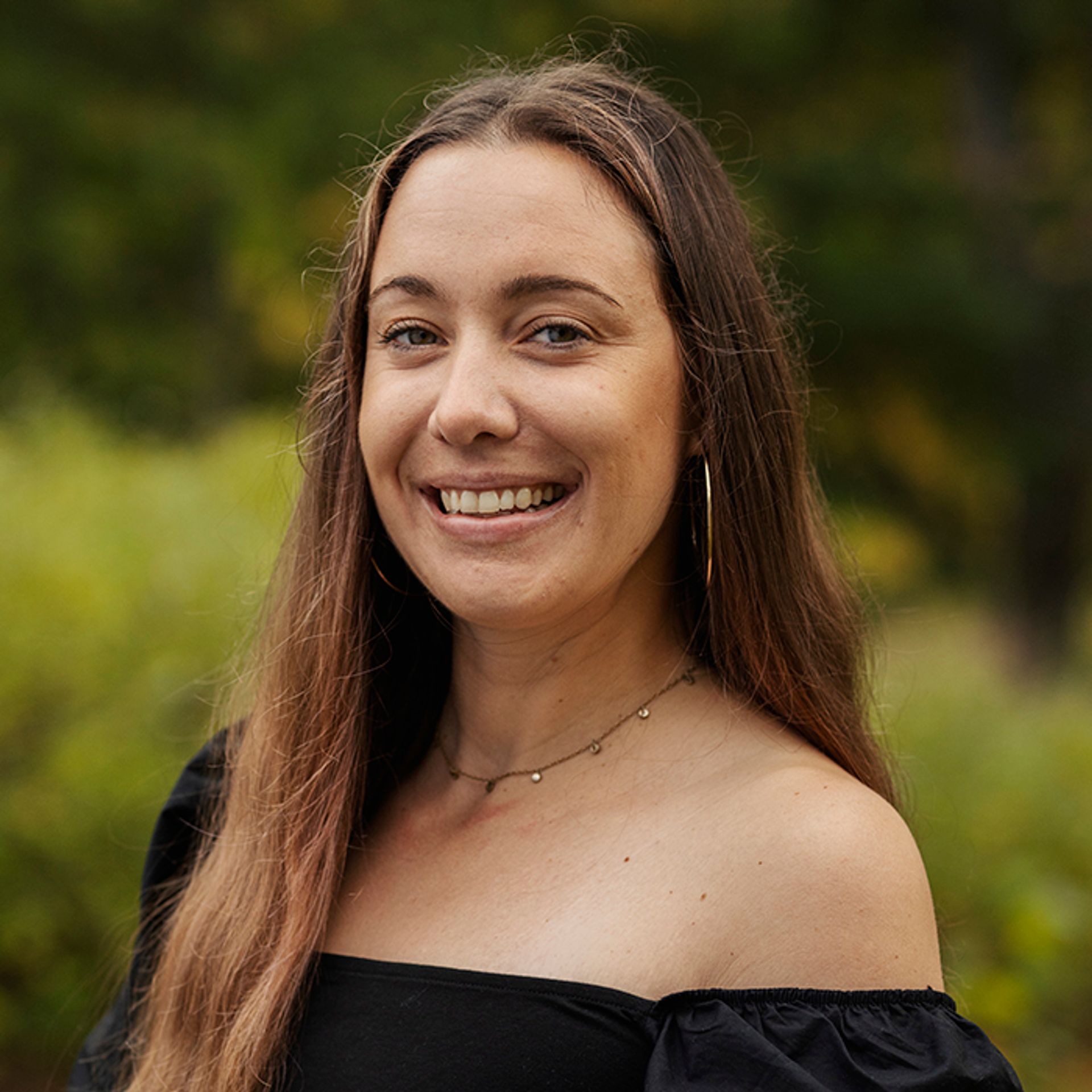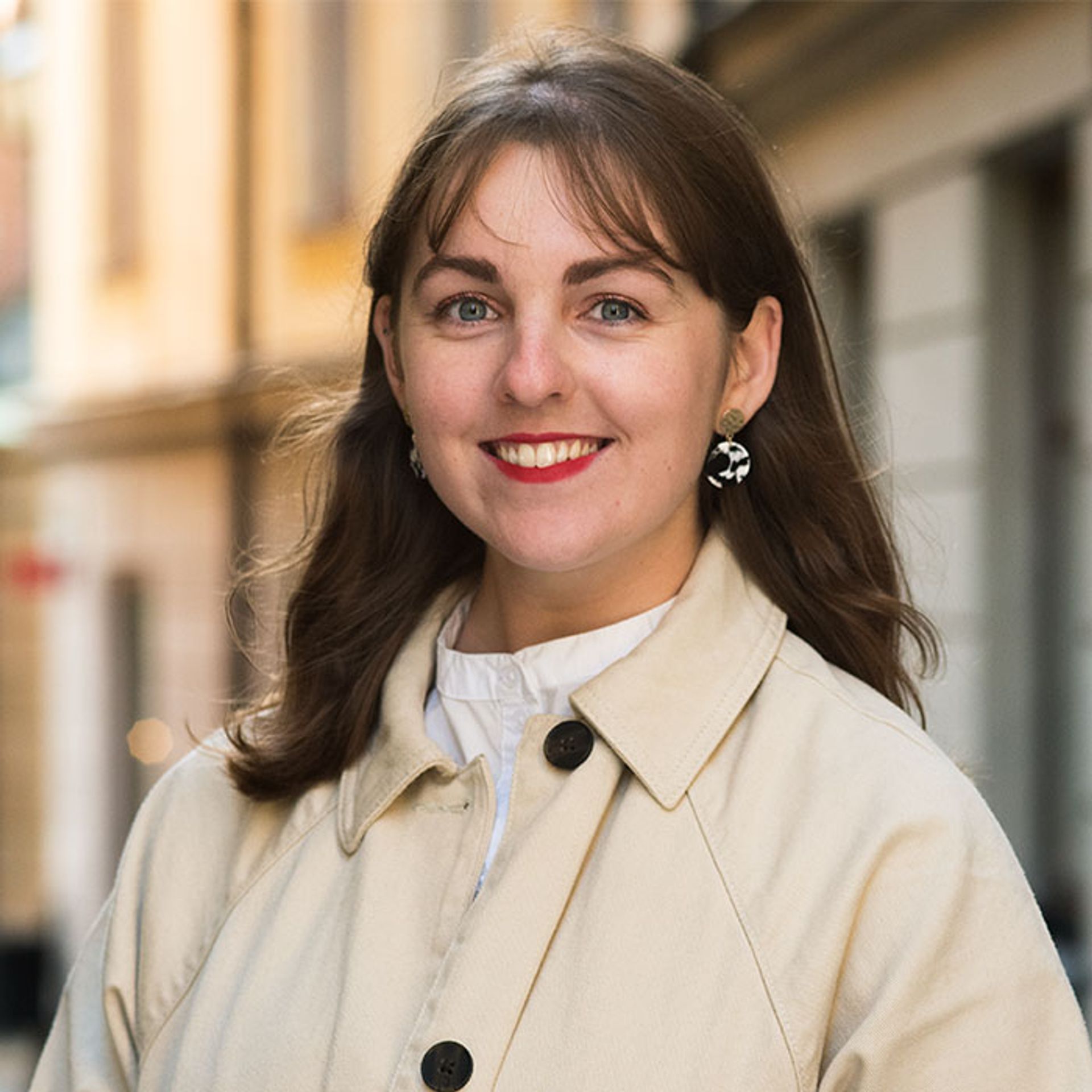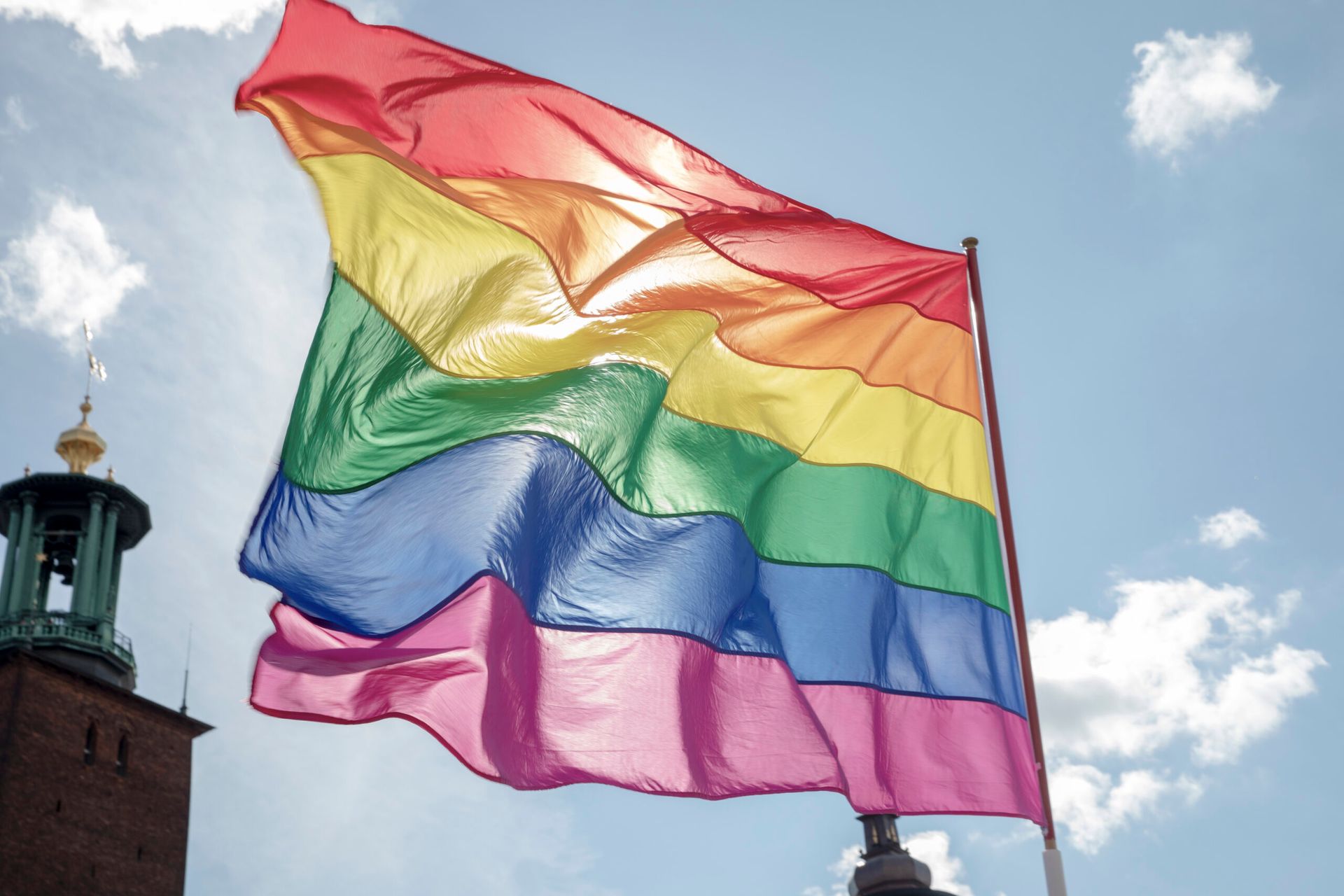
Written by Brooke
31 Mar 2022
This article was written during the COVID-19 pandemic and may not be up to date. COVID-19 restrictions are no longer in place in Sweden.
Today, March 31st, is Transgender Day of Visibility (TDOV) which is an international day celebrated all over the world to recognize the transgender community. The day celebrates transgender individuals past and present, raises awareness about the struggles they face, and the important work yet still to be done for equal treatment and protection for transgender individuals.
For TDOV I sat down virtually with Sini (they/them), a board member for SFQ, an organization for LGBTQIA+ students at Swedish universities. We talked about what their organization is doing to support those in the LGBTQIA+ community, how those who identify as transgender are received in Sweden, and their advice for prospective students within the community that are wanting to come to Sweden to study.
But first let us educate ourselves on transgender identity and the history and importance of TDOV:
What Does Transgender Mean?
According to RSFL (Swedish Federation for Lesbian, Gay, Bisexual and Transgender Rights), a transgender person is someone who does not identify with the sex given to them at birth. Transgender is an umbrella term as there are many ways of identifying as transgender. The term transgender refers to a person’s gender identity and gender expression rather than their sexual orientation. (Source: RSFL Glossary)
History of Transgender Visibility Day
In 2009, US based transgender activist Rachel Crandall wanted to create a day to bring awareness to the discrimination faced by the transgender community in many different settings. Rachel also wanted to create the day because at the time the only day paying homage to the community was Transgender Day of Remembrance which is in mourning of the transgender individuals who have lost their lives and there was no day to celebrate transgender individuals still alive. In 2015, the day gained momentum and many individuals around the world celebrated with selfies on social media telling their stories.

Interview with Sini, board member for SFQ
Brooke: State your name, pronouns, your role within FSQ, and what you do.
Sini: My name is Sini and my pronouns are them/they. I’ve been on the board of SFQ since 2020. I’ve also been taking care of the treasurer duties but also I’m involved in one of our local branches at Umeå university. When it comes to our local branches, I am way more hands on, organizing social events. But in SFQ it’s mainly paying bills, applying for grants, taking care of everything that has to do with finance. I also do interviews like this.
Brooke: What exactly does SFQ do within the LGBTQIA+ community and how does the organization fight for the rights of those within the community?
Sini: SFQ is a federal organization for LGBTQ+ students and staff and everyone who is somehow associated with the institutions of higher education. Our most important role is to support local branches in universities across Sweden. Currently we have local branches in Stockholm, Umeå, Malmö, and Gothenburg but we are hoping to get more local branches in the future. These organizations work at the grassroots level, getting very hands on and organizing social events.
It’s up to the local branches to decide how they want to fight discrimination within the higher education institutions.We try to provide practical support and whenever possible we try to provide monetary support. It’s up to the local branches to take care of the fun stuff, actually interacting with people, and making change within the community. We are basically trying to do everything else and keep them going.
Brooke: Talk a little bit about the LGBTQIA+ community in Sweden and how they are represented and treated. Is Sweden accepting of LGBTQIA+ persons?
Sini: There are a lot of things that Sweden is doing right but there is a lot of things to improve. There is a cultural ranking produced by ILGA-Europe – the European Region of the International Lesbian, Gay, Bisexual, Trans and Intersex Association and in their most recent ranking from this year and Sweden is on place 8 within 49 European countries. Within the ranking there are different categories such as equality, non-discrimination, family, hate crime and hate speech, legal gender recognition, civil society space, and asylum.
Of course, one ranking is not going to be an absolute answer on what it is like here in Sweden for LGBTQIA+ people, but I think it does shed a light on how there is a lot of support here for example when it comes to healthcare. There are also non-discriminatory guidelines in place when it comes to public institutions.
But all of that is not to say that Sweden is perfect or that discrimination and hate crimes don’t exist. While Sweden is providing gender affirming care for trans individuals, unfortunately the queue lines are extremely long and it can take up to two years to get the first appointment. Unfortunately, it is likely to get worse as there is a plan cutting down these clinics from 7 to 3.
There have been good actions done by Sweden like a law that automatically grants the parenthood for same sex couples if their child is born here in Sweden if they are married. This is great because this is how it is for everyone else. This is a big step for equal rights of rainbow families.
One point that I wish to bring across is that LGBTQIA+ rights is not just about decreasing the number of hate crimes or granting same sex couples to be married, but it’s a big variety and involves different human rights related laws. It is a complex topic and there is so much to do.
One big topic is LGBTQIA+ asylum seekers. In Sweden it has been made harder to get asylum and there have been budget cuts on supports targeting LGBTQIA+ refugees even though they are a group of refugees with an especially vulnerable position.
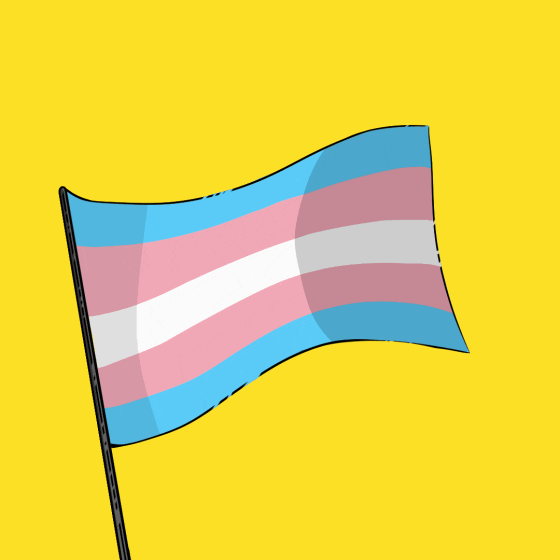
Brooke: If someone within the community wants to find people like them, are there places/communities within Sweden to do so? How does one get into these spaces and community?
Sini: Yes, there absolutely is. One great way to get involved is if you take part in pride weeks or rainbow weeks in many cities across Sweden. There are also well known organizations such as RFSU and RSFL. One of RFSL’s projects is called RFSL newcomers so if you are new to Sweden that can be a great starting point to meet other LGBTQIA+ people. There are other organizations such as Transammans or Lesbisk Makt (these websites are only in Swedish) that organize activities for a specific target group.
Most of the organizations I am a part of have been trying to create these welcoming, opening, and safe atmosphere within their social events as it can be scary to get involved. There are quite a lot of people trying to create safe spaces and to meet other LGBTQ+ people.
Brooke: What is the importance of Trans Day of Visibility?
Sini: The main point of the day is to bring specific attention to the discrimination faced by trans identifying individuals but also to celebrate trans people in different societies who are living their life and giving their important contributions to the society.
Why this is needed is because prior to TDOV being invented in 2009 the only specific day that celebrated trans people was Trans Day of Remembrance which focused on hate crimes, trans people getting murdered. While it important to focus on those stories, being trans is not only about tragedy.
The important role of this day is to celebrate one’s identity, one’s activism, and highlight trans people across the globe doing some amazing stuff.
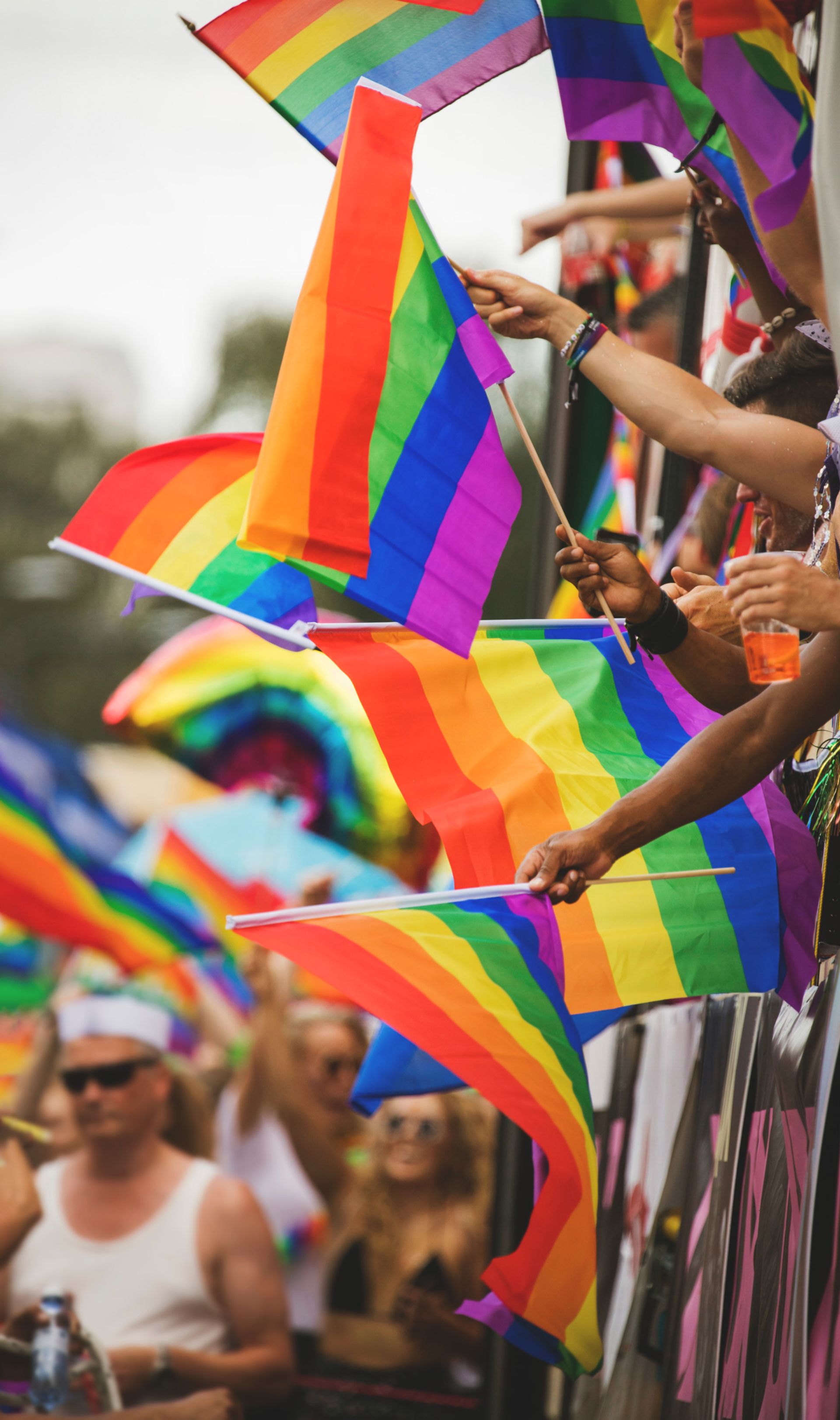
Brooke: How can allies support those in the trans community?
Sini: One very straightforward way is to directly support different organizations who are advocating for rights of trans people. The most important way to be an ally is to listen to what trans people have to say and help them out to feel comfortable, whether that’s using more inclusive language or generally accepting and supporting their identity and helping them to feel safe. This has a major effect on the lives of trans people.
However, trans people are far from a homogenous group and have so many different needs and have different situations.
Also, be there for your loved ones!
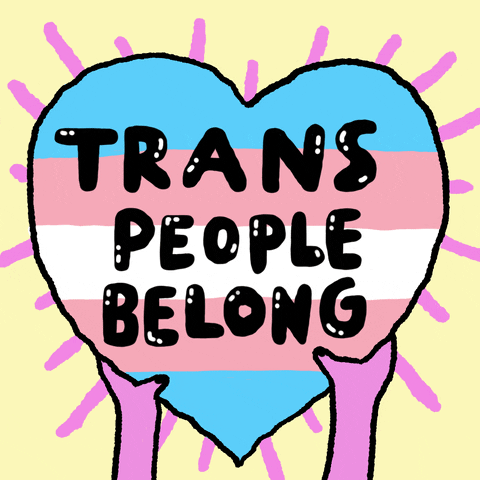
Brooke: Any advice or words of wisdom to students that identify as transgender who are thinking about coming to Sweden and worried how they might be received in the society?
Sini: I think my advice would be: you are not alone even though you may feel like it. Unfortunately COVID-19 has created an epidemic of isolation and loneliness of all marginalized groups.
However, there are people and there are organizations that you can reach out to for help and are fighting against discrimination.
“You are not alone even though you may feel like it.”
